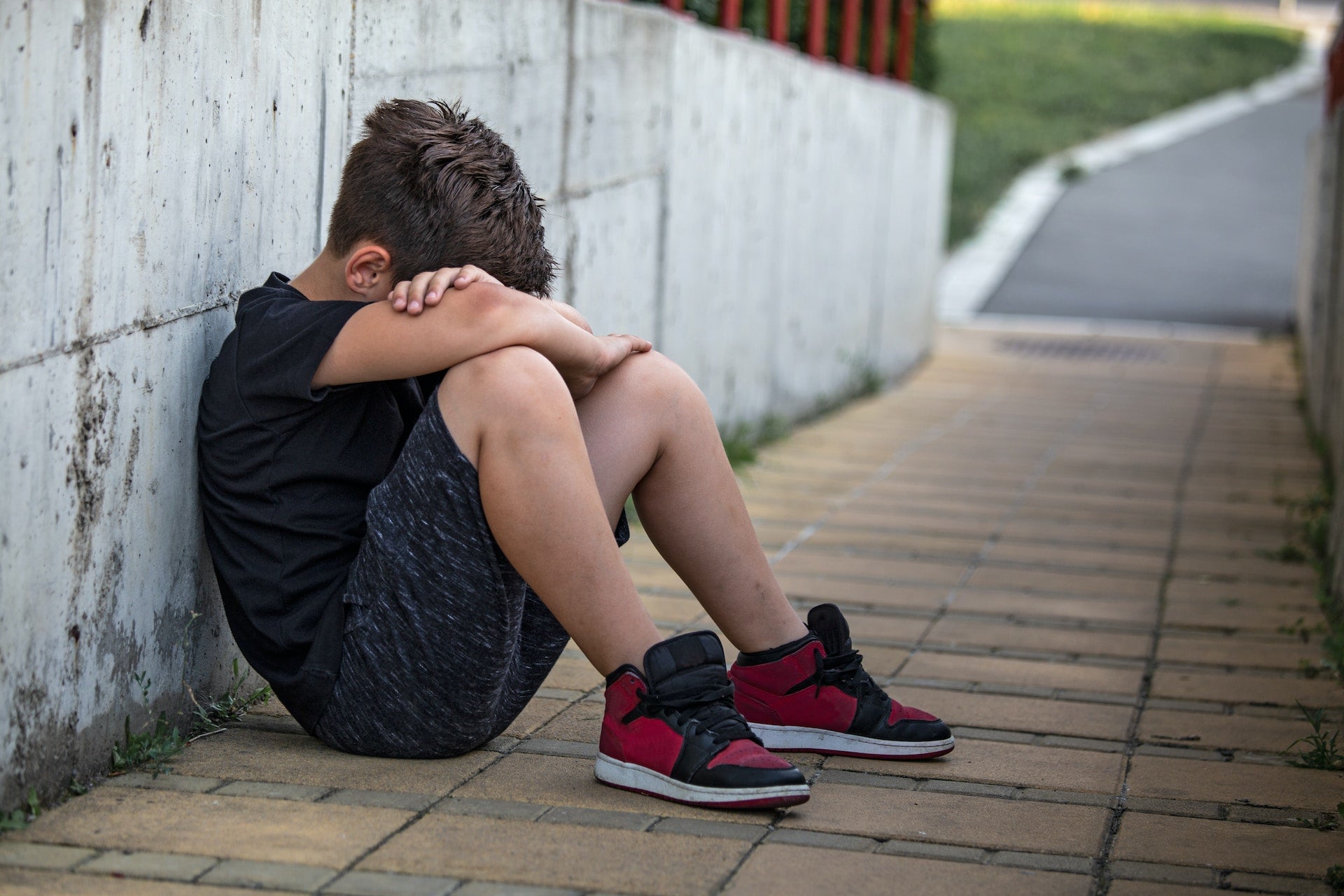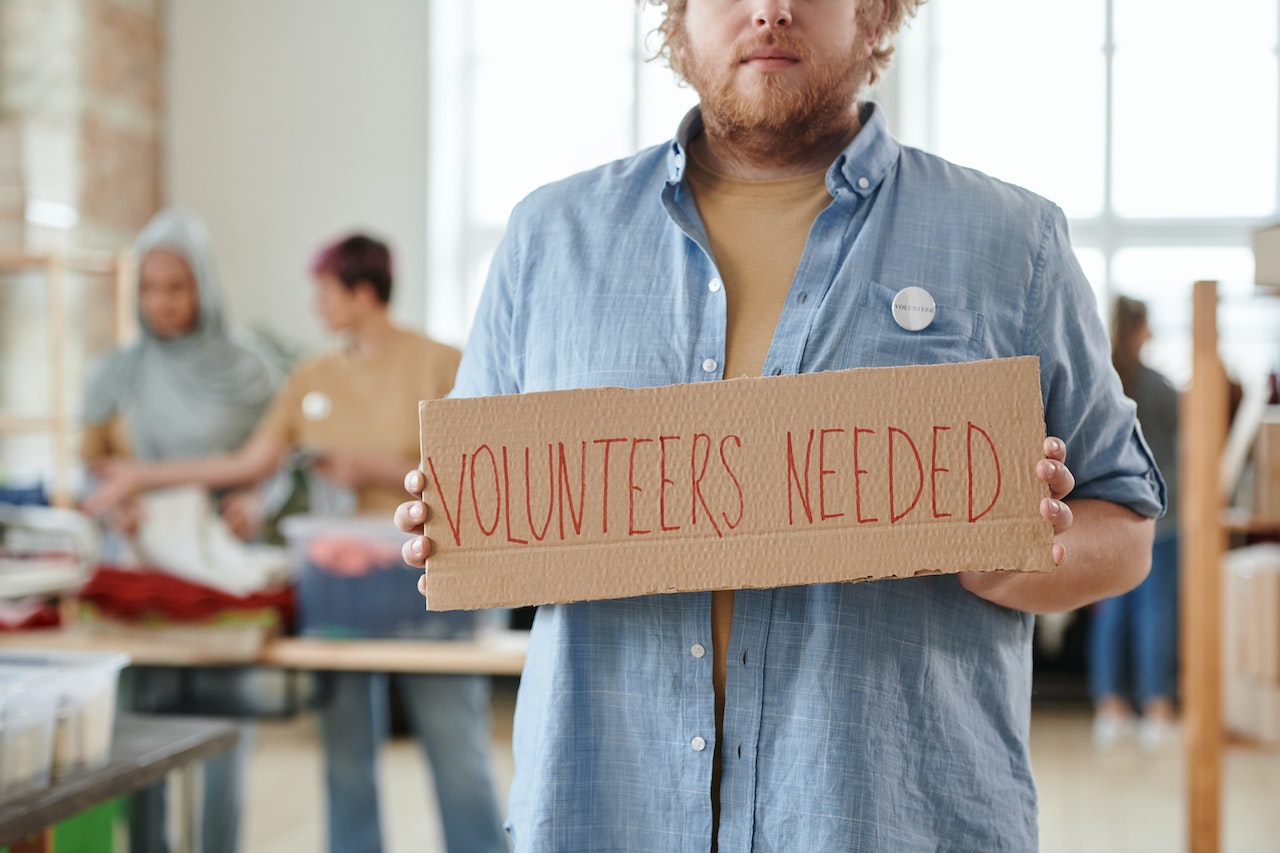Poor personal hygiene can take an immense toll on one’s physical health. To quantify this, one third of respondents in The Hygiene Bank’s 2022 report said hygiene poverty has directly impacted their physical health.
The issue here is two-fold. On one hand, a lack of access to personal hygiene items can result in direct health issues. On another hand, low-income families can compensate for these basic hygiene needs at the expense of making less healthy choices elsewhere in their lives.
Poor Personal Hygiene Can Lead to Negative Health Outcomes
As the World Health Organization reports, oral diseases — a list that includes dental caries, gum disease, and tooth loss — affects an estimated 3.5 billion people worldwide. The WHO also notes that oral diseases disproportionately affect people of a lower income status.
While this relates in part to a lack of access to professional dental care, it also ties back to having little or no access to personal hygiene products that support healthy teeth and gums.
Oral health issues compounded by a lack of access to basic care essentials like toothpaste and toothbrushes can lead to a myriad of other health issues down the road. After all, in the WHO’s words, “oral health is a key indicator of overall health, well-being, and quality of life.”
Numerous studies have shown that people with poor oral health are prone to higher rates of cardiovascular issues like heart attacks and strokes, versus individuals with good oral health. One of the theories is that bacteria that develops in the mouth can travel to blood vessels in other parts of the body and cause inflammation and damage.
While we’ve led with the issue of oral health, it’s also important to spotlight other types of physical health issues that can develop from poor hygiene.
For example, when one does not have access to bathing toiletries like soap, they can develop skin conditions like dermatitis neglecta (DN). If the condition is left untreated, secondary skin infections can develop, causing further discomfort for individuals suffering from these ailments.
Hygiene Poverty Can Be a Trade-Off for Other Healthy Habits
When basic personal care items don’t easily fit into a family’s budget, they can find themselves in a predicament where they’re sacrificing other healthy habits to make ends meet.
Consider eating habits as an example. It’s been consistently shown that healthy eating patterns — which consist of a blend of vegetables, fruits, grains, low-fat or fat-free dairy, protein foods, and oils (all in moderation) — have a beneficial effect on cardiovascular health and bone health, among other variables.
Yet, many of these healthier items like fresh produce come with a higher price tag. When low-income families are struggling to afford basic essentials, they tend to opt for cheaper and more convenient alternatives to fresh fruits and vegetables, ones that are often low in nutritional value.
Then, there’s the matter of healthcare. Even with increased insurance availability, there are still concerns over the out-of-pocket costs that come with medical care, especially when you take into account that 43% of working-age adults were deemed inadequately insured based on a Commonwealth Fund survey. In light of these financial concerns, many low-income families opt to forgo care in favor of preserving funds for household essentials.
In a nationwide survey led by West Health and NORC at the University of Chicago, 40% of respondents said they skipped a medical test or treatment in the last 12 months due to cost. Meanwhile, 32% said they weren’t able to fill a prescription or took less of it based on cost.
While missed medical appointments can delay early diagnoses and interventions that can lead to better health outcomes, failure to complete prescribed treatments can cause individuals to live with prolonged pain and give existing conditions room to escalate.
What We’re Doing to Help Support Healthier Communities
Access to basic personal care items such as toothpaste and soap can profoundly help low-income families stay physically healthier now and in the long-term. At Provision Promise, we are committed to providing these household essentials to communities in need through local food banks.
Recognizing that these types of items aren’t covered by food stamps or SNAP, we wanted to give individuals more convenient access to these basic household necessities, without the anxiety and stress of having to turn to loved ones for help.
We thank you for your support in helping us raise funds to give back to low-income families so they can establish healthier households without having to sacrifice other healthy habits.









Leave a comment